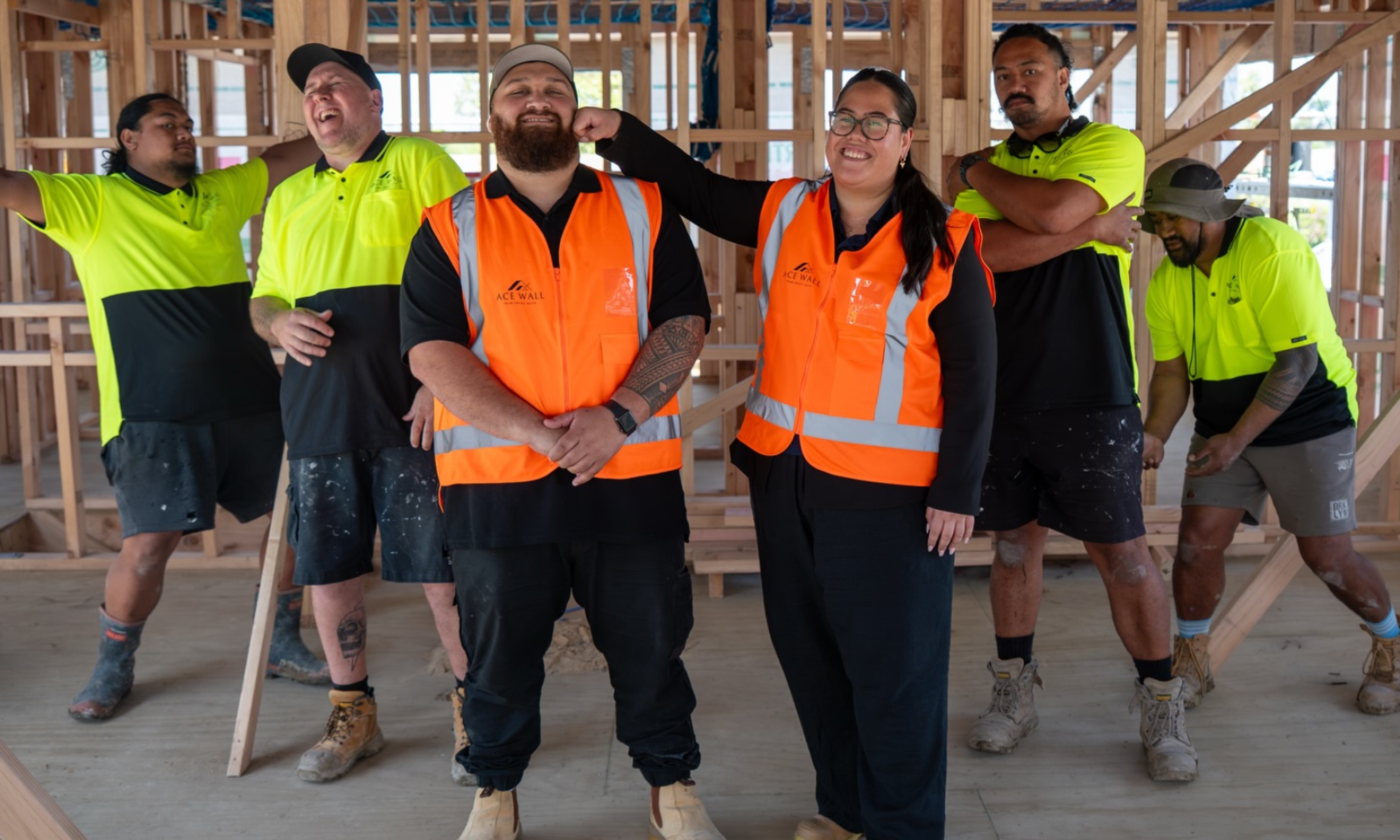
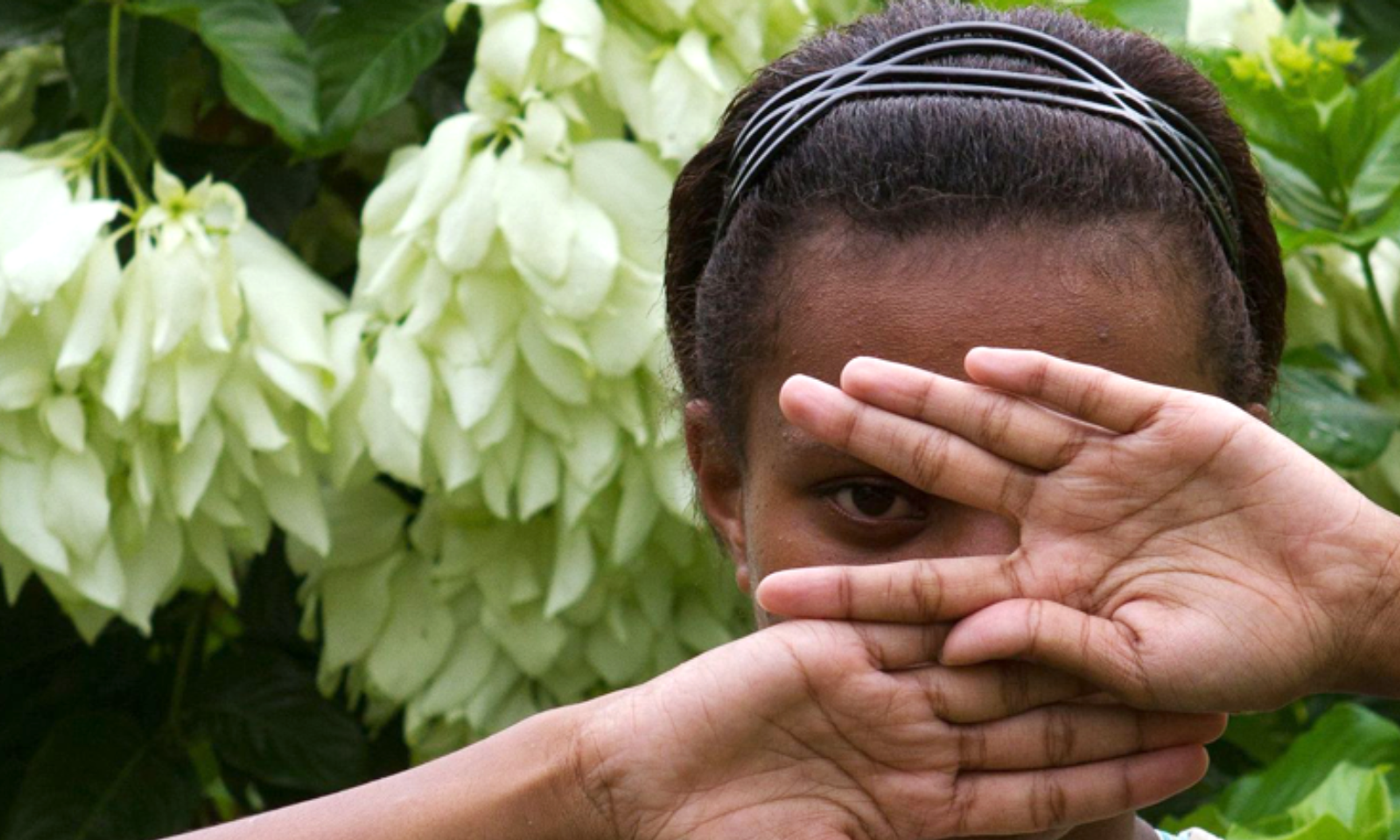
An organisation in Fiji is supporting young women who are survivors of sexual exploitation and trafficking.
Photo/Homes of Hope Fiji Facebook page
Fiji's Homes of Hope empowers girls to escape exploitation
A local organisation combines shelter, counselling, and community outreach to support those affected by sexual abuse and trafficking.

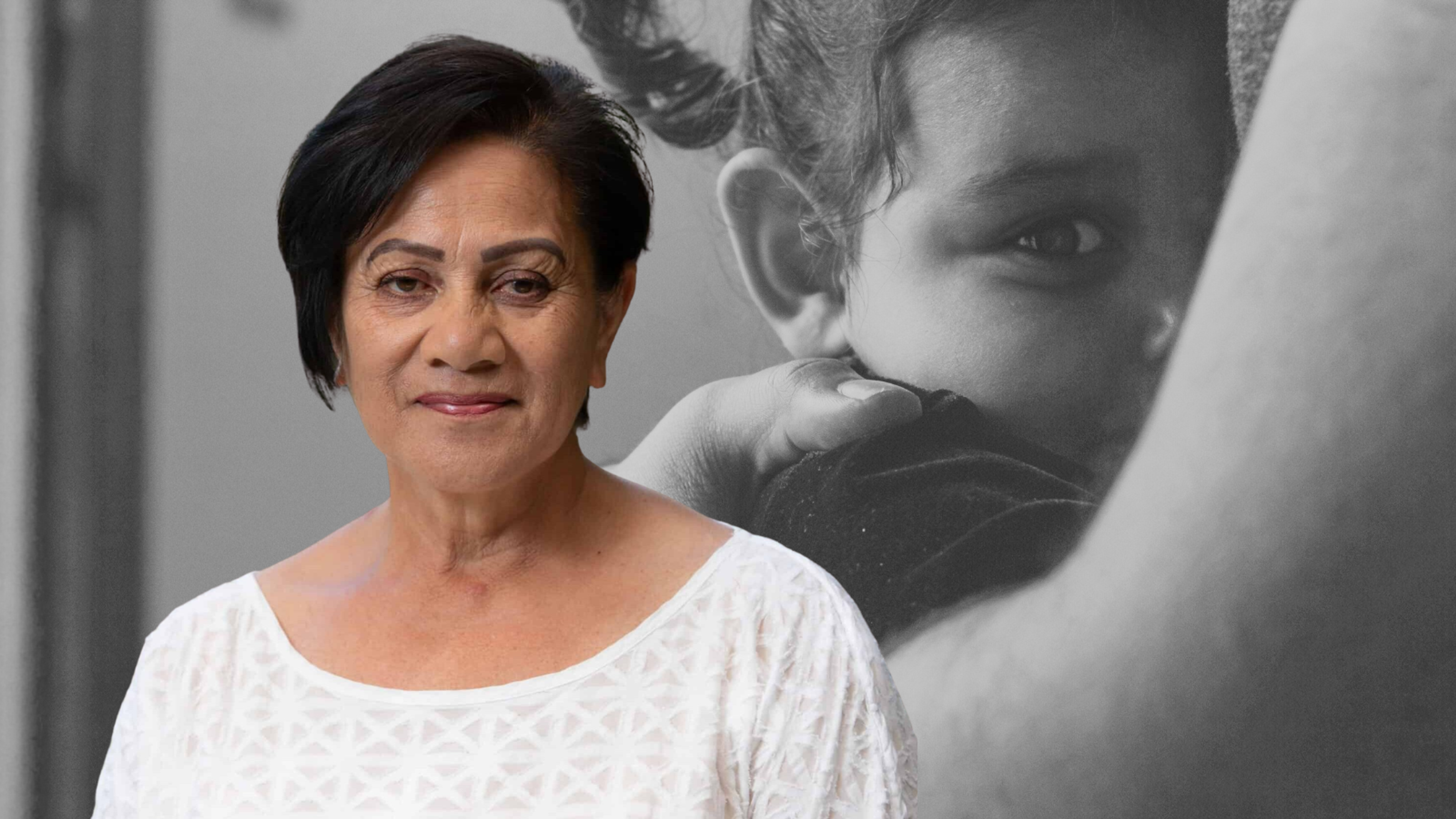
‘Don’t suffer in silence’: Pacific families see spike in violent crime


Winston Peters leads delegation to South America along with historic Rapa Nui visit

Pacific-led building company redesigning the intergenerational housing deficit in NZ

‘Don’t suffer in silence’: Pacific families see spike in violent crime


Winston Peters leads delegation to South America along with historic Rapa Nui visit
For nearly 30 years, Homes of Hope in Suva, Fiji, has provided a safe and restorative environment for young women and girls escaping sexual exploitation and trafficking.
The organisation’s work goes beyond offering shelter. It also includes counselling, education, life skills, and community outreach to prevent abuse before it starts.
Homes of Hope serves 16 communities and supports between 300 and 500 people through its prevention programmes, while providing intensive care for women who have experienced abuse.
Homes of Hope was founded in 1996 by local businesspeople to challenge the culture of silence surrounding sexual exploitation.
Salote Sekinairai, the restorative care team leader at Homes of Hope, is passionate about the organisation’s mission.
“We remind them, it’s not their fault,” she says. “It’s just a situation that happens around them, people who were supposed to protect them, but they can be a survivor, they can be a thriver. It has to start with a choice.
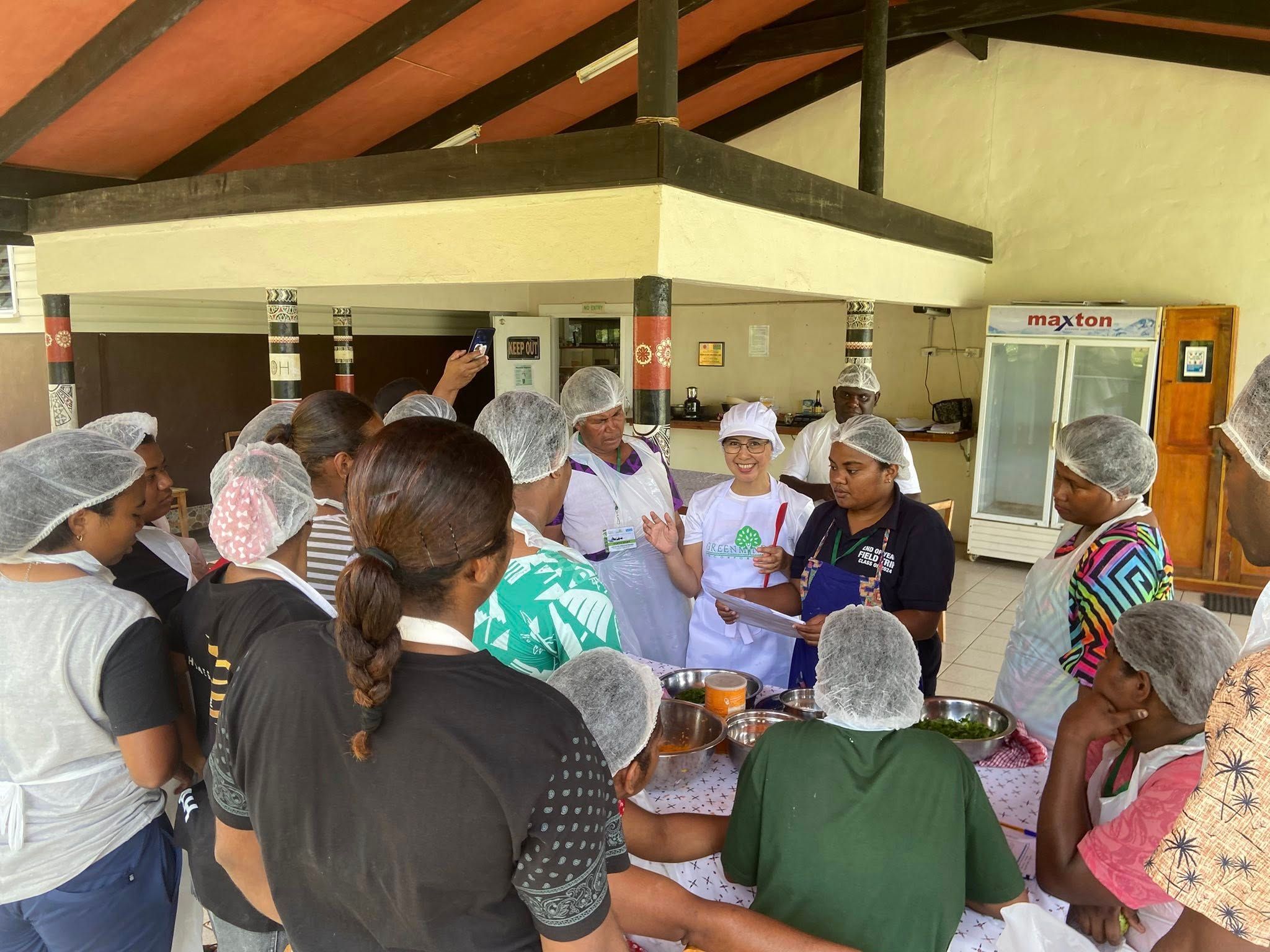
Women are taught healthy meal recipes, as part of the Climate Smart Gardening Project. Photo/Homes of Hope Fiji
“The top of the cliff is where awareness takes place within families, communities, and government stakeholders. At the bottom of the cliff, we have a shelter where victims stay for one day to 12 months, depending on their needs.”
The New Zealand Ministry of Foreign Affairs and Trade defines sexual exploitation as the actual or attempted abuse of a position of vulnerability, differential power, or trust for sexual purposes.
Barbara-Anne Stenson, a senior programme specialist at Tearfund New Zealand, says the exploitation often happens close to home.
“If women and girls have not been able to continue school or they are in poverty, it creates vulnerability to people grooming them; offering them small amounts of things, goods or money and then it escalates from there, and then they get maybe sold into sexual exploitation,” she says.
“Often it’s someone they know, like a family member, maybe someone poses as their boyfriend or someone who is really wanting love and support and protection, and really they do the opposite to them.”
Iniata Benaca, the community team leader, works with villages, faith leaders, and government agencies to prevent exploitation. “Who would want to tarnish their family name or their village name? Another challenge is the high rate of family breakdown, where children are often looked after by siblings or very elderly grandparents, leaving them vulnerable,” she says.
Benaca’s team educates and raises awareness among leaders, faith groups, and youth organisations, identifying community champions who can stand up and say, “Enough is enough”.
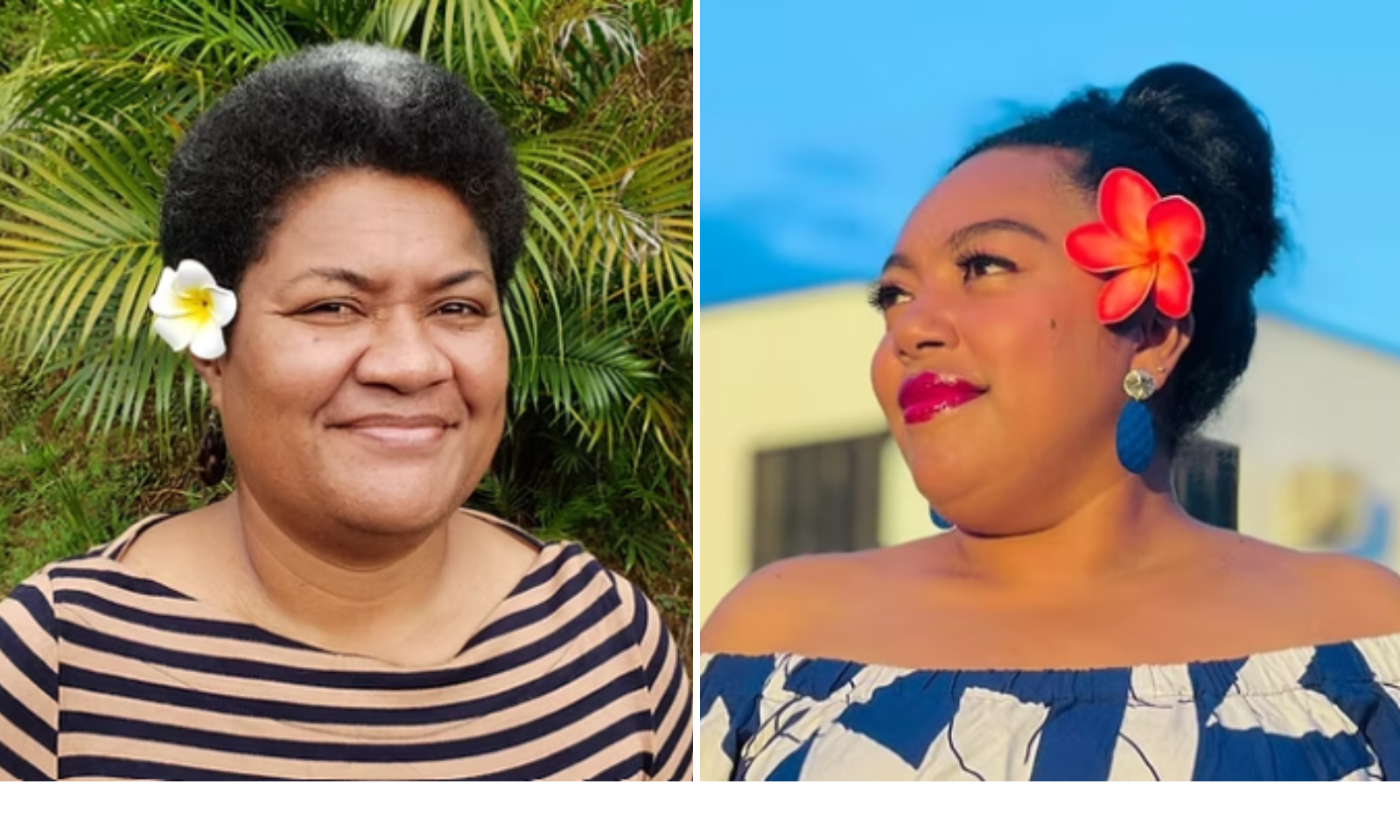
Inieta Benaca (left) and Salote Sekinairai work with young women and communities via Homes of Hope Fiji. Photo/Supplied
Stories of transformation
Homes of Hope uses a trauma-informed approach to rebuild trust and independence. Referrals come from police, government agencies, or community networks. Each case is assessed within 48 hours. Survivors receive safe housing, nutritious meals, counselling, medical care, and legal support. The campus has two dormitories with 10 rooms, and special spaces for mothers with children.
“It’s not only about providing safety,” Sekinairai says. “A lot of these survivors, their trust was broken at a very young age. It takes time for us to build that trust.”
Women participate in programmes from 9am to 3.30pm, which focus on emotional healing, vocational training, and education. Many also join an internship programme to apply what they have learned before re-entering the community.
Sekinairai recalls a girl who was sold by her biological parents and came to them at just 11 years old. She was a ward of the state and became the youngest mother in Fiji. After years in the programme, receiving counselling and education, she recently turned 18.
Homes of Hope successfully placed her with a family, and when they visited her home, it was clear that she has found real freedom and safety.
Support from Tearfund
Tearfund supports Homes of Hope with funding and programmes such as the Climate Smart Gardening project, which addresses economic vulnerability and promotes community cohesion.
“Gardens close to home reduce the need to travel long distances, where often they’ll get harassed or abused or exploited,” Stenson says. “Sharing vegetables and information also strengthens community protection by bringing people together.”
Homes of Hope has partnered with the Ministry of Foreign Affairs and Trade in New Zealand, which has allowed the organisation to expand its outreach to more communities.
Stenson says personal donations are also vital. “For every $2 that MFAT provides, we have to match with a dollar from our supporters. We have a lot of generous supporters, but there’s scope to expand, both in working with individual young women and within the communities.”